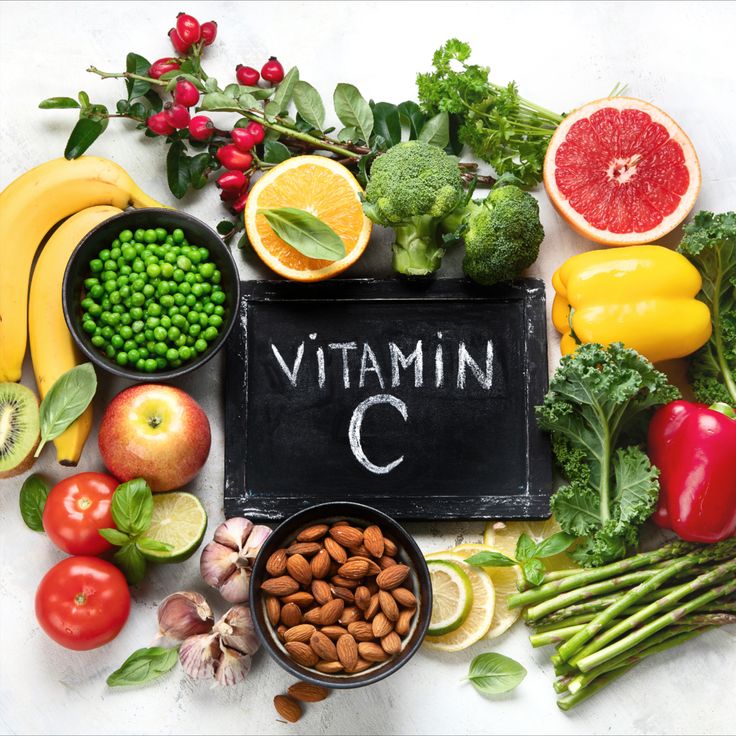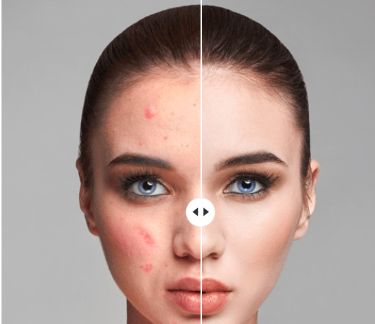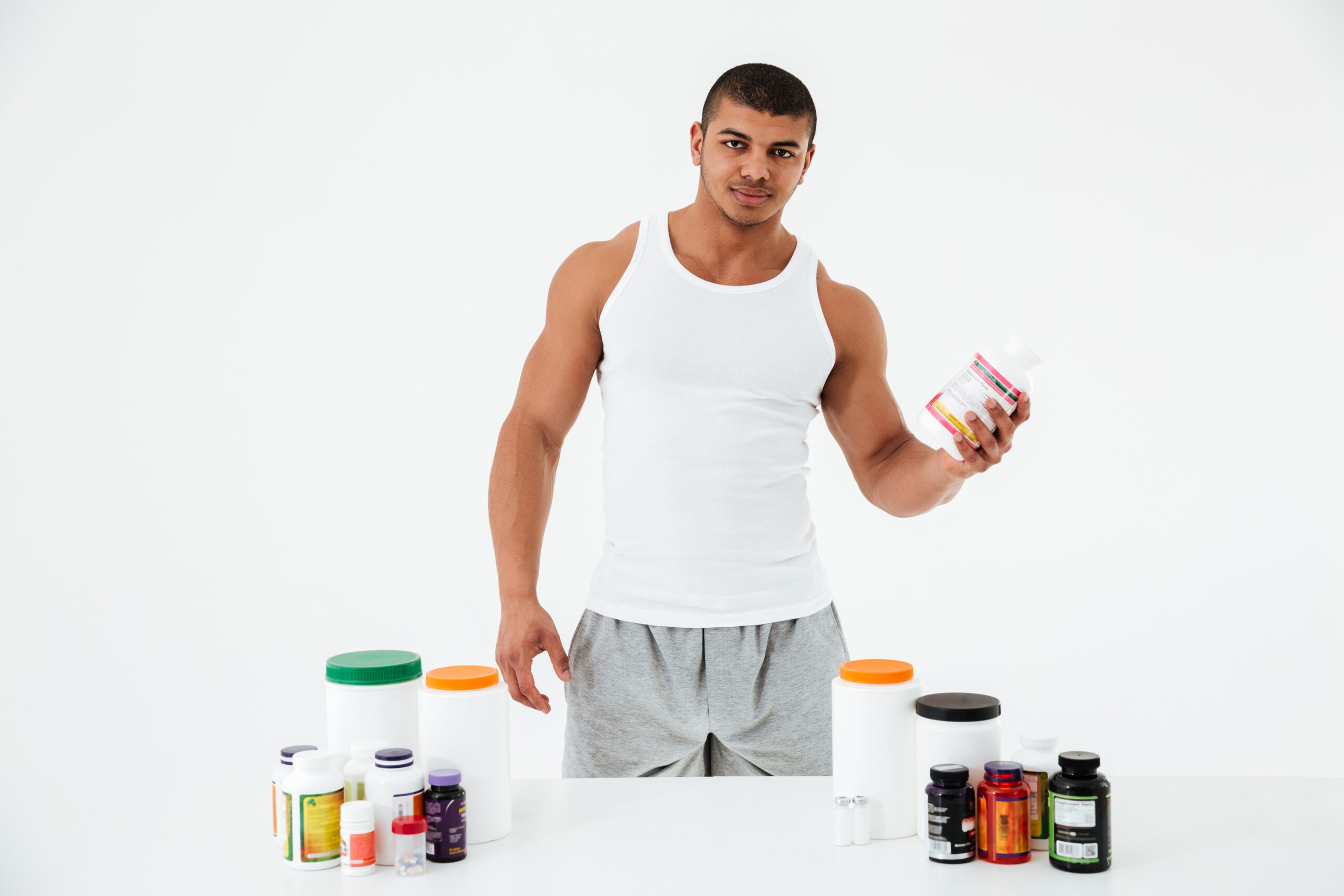best vitamins for acne Acne is not only a teenage problem; many adults deal with breakouts, blemishes, and angry skin well into their 20s, 30s, and beyond. Most of the time, creams, cleansers, and treatments are the first lines of defense, but there is a very powerful tool that is often overlooked: nutrition.Vitamins are an important factor in skin health. best vitamins for acne
Some vitamins aid in controlling inflammation (like vitamin A), others help in ensuring oil production is balanced (like vitamin D and omega-3 fatty acids), and some assist with skin cell turnover (like the B vitamins).
When your body gets the right nutrients, it can heal from the inside out and often quicker and kinder to your skin than topical options.Vitamins are holistic. They won’t cause irritation, peel, or dry out your skin like the chemicals often do. They will nourish your skin from the inside out, calm any underlying irritation, and fight the likelihood of more outbreaks without negative side effects.While vitamins are safe, they are not all the same.
Some will be more effective for certain skin issues than others (some are much better for hormonal acne, while others are more effective at bringing down inflammation or cutting down on scarring).
click here to read amazing posts like this
7 Best Korean Vitamin C Serums Experts Swear By for Glowing Skin
Then there is the question of where it comes from: vitamin A in food will be better absorbed by your body than from a vitamin A supplement.Because of this, it is essential to know what vitamins have scientific backing, what vitamins your body may be lacking, what forms of vitamins you can get through your diet and/or supplements, and what combination would be optimal for your skin condition.
By properly using the right vitamins, you could potentially see dramatic improvements in the fight against your skin issues.
1.Vitamin A: The Natural Retinoid That Calms Oily Skin and Stimulates Cell Turnover
Vitamin A, particularly in the retinoid forms, is one of the most effective nutrients for clearing the skin. It helps minimize oil production, alleviates clogged pores, and offers a faster skin cell turnover so that dead skin cells do not clog hair follicles.

Vitamin A is found in foods such as carrots, sweet potatoes, and spinach. It can be used as a supplement or a topical product. Dermatologists commonly prescribe an over-the-counter retinol or a prescription for Tretinoin, both in the Vitamin A family and used for moderate to severe acne.
When taken in regulated doses, Vitamin A decreases inflammation, stops new acne lesions from forming, and improves skin texture.
However, be cautious about taking high doses of Vitamin A without your doctor’s approval as it is fat-soluble and can build up in your body.
Not only are dermatologists recommending the use of dietary and topical sources, but also using a Vitamin A-rich diet to help your skin heal from the inside while using retinoids to enhance your skin renewal outside.
2.Vitamin D: The Hormonal Regulator That Controls Inflammation
Vitamin D is not only crucial for bone health—it also has a significant influence on your immune system and hormone regulation. We know that hormonal and immune systems are largely responsible for the development of acne, especially in the case of hormonal breakouts.
Most acne sufferers are vitamin D deficient (especially in the winter months or if they aren’t spending enough time in the sun), and studies show that when vitamin D levels are low, acne is worse because of the inflammation that occurs with inflammation and bacterial overgrowth.
Vitamin D can be increased by 10-15 minutes of sun exposure each day, by consumption of fatty fish like salmon or mackerel, and by taking a high-quality and potent supplement. Vitamin D reduces overall inflammatory response in the body and suppresses acne bacteria, therefore, reduces the severity of the body’s inflammatory response. There are also some topically applied vitamin D creams that have shown potential in decreasing redness and soothing the skin.
3.Vitamin C: The Skin Brightener That Heals and Protects
Vitamin C has been recognized for some time for its antioxidant properties and skin brightening capabilities. However, it can also be a strong acne fighter, as it decreases inflammatory response, heals wounds faster, and prevents discoloration associated with acne scars .
Vitamin C has antioxidants and can neutralize damaging free radicals, which are unstable molecules that contribute to the inflammatory response and acne flare-ups.

Vitamin C also helps collagen production, which helps skin heal faster and contributes to the elasticity of the skin. With sources including citrus fruits, bell peppers and strawberries, vitamin C is best used for acne both topically and from the inside.
You can find serums with vitamin C ranging from 10% to 20% and it works best with consistent use. In addition to helping clear acne, vitamin C also prevents the hyperpigmentation that remains after the acne heals, and fortifies the skin barrier to protect against future acne.
4. Vitamin E: The Antioxidant for Repairing & Rebuilding Skin
Vitamin E is often referred to as the “skin vitamin” because of its ability to support tissue repair and regeneration. Vitamin E enhances the healing process when used with Vitamin C, by reducing inflammation and regenerating tissue, thus improving the overall tone of the skin and minimizing the appearance of scars left by acne.
Vitamin E is a fat-soluble vitamin. Being fat-soluble means that Vitamin E helps to solidify the skin’s natural outer barrier and provide moisture for the skin. This is especially beneficial if your skin has a tendency toward dryness, or if you’re using many of the topical acne treatments that can dry and potentially irritate the skin.
Vitamin E can be found in almonds, sunflower seeds, and avocado. Vitamin E is also found in many skin creams and oils. Topically applying Vitamin E may help to calm red, inflamed areas, and reduce the appearance of blemishes.
Vitamin E should be used cautiously, especially with any oily or acne-prone skin types, as it can be comedogenic. When using topical Vitamin E products, seek out non-comedogenic versions. Also, consult with your dermatologist prior to applying Vitamin E products, especially if applying the vitamin directly to your face.best vitamins for acne
5.Vitamin B3 (Niacinamide): The Oil Regulator That Soothes Redness
Niacinamide is a water-soluble B vitamin with documented anti-inflammatory and oil-regulating capabilities. Because of these functions, niacinamide (Vitamin B3) is one of the better active ingredients for someone dealing with acne, especially if they deal with redness and sensitivity.

Niacinamide regulates excessive production of oil, addresses pore size and improves overall skin texture. In addition, niacinamide helps improve skin barriers, and reduces post-inflammatory pigmentation. Niacinamide can be found in both supplements and topical agents.
In clinical studies, a 5% topical concentration of niacinamide has been shown to reduce acne significantly over 8-12 weeks. Niacinamide is gentle enough for all skin types and doesn’t irritate skin, so it’s very useful for chronic connective tissue disease individuals in the management of acne.best vitamins for acne
6.Zinc: The Mineral That Resists Bacteria and Balances Hormones
Zinc is not a vitamin; however, it is an important mineral that belongs in the group of nutrients in the acne-fighting section. It is known for its antibacterial, anti-inflammatory and hormone regulating properties.best vitamins for acne
There have been many links drawn to forms of zinc deficiencies with highly severe acne, especially in young adults. Taking 30-50 mg of zinc supplementation by mouth daily is shown to significantly reduce lesions resulting from acne.best vitamins for acne
Some food sources of zinc are pumpkin seeds, chickpeas, and lean meats. Interestingly, zinc can also contribute to the absorption of Vitamin A, giving it more effective acne-fighting capabilities.
Do note topical zinc creams can diminish oil and irritation, where zinc in an oral supplement will help deal with what’s going on internally.best vitamins for acne
7.Vitamin B5 (Pantothenic acid): The Underappreciated Vitamin That Can Reduce Oil and Acne Severity Vitamin B5 is not mentioned nearly as often in the skincare community, but it is incredibly important in regulating oil. best vitamins for acne
Some studies have even shown that when taken in high isolative doses of B5, acne lesions may be reduced in number by 50% in 12 weeks.
This occurs through improved fat metabolism in skin and consequently lower sebum (oil) production. Less oil implies pores will stay clearer and result in less breakouts.
Vitamin B5 can be consumed through eggs, mushrooms, and chicken.best vitamins for acne
It can also be taken as a supplement or used in a topical formulation, such as panthenol.
Individual users often report smoother skin and less oil as a result of consistent B5 use, making B5 a new player in acne management.best vitamins for acne
9.Vitamins to be Cautious of When You Have Acne
When using vitamins to treat acne, people usually consider only what they can add to the mix—it’s also equally important to know what to not have included. Some vitamins may even cause breakouts, make inflammation worse, or shift your skin’s delicate balance when taken in high doses or certain forms. If you’re struggling with chronic acne and taking supplements, you could be contributing to your issues without realizing.best vitamins for acne
Let us discuss some of the most common vitamins to be cautious with if you have acne-prone skin:
1. Vitamin B12 – The Good, and the Bad
B12 is a vitamin that is very important for energy production and forming new red blood cells. B12 is also known for its benefits for the brain. With that said, studies have suggested excessive B12 and especially injections or high-dose B12 supplementation can cause acne in certain people.best vitamins for acne
Researchers found very high levels of vitamin B12 may change the behavior of skin bacteria (Propionibacterium acnes) that leads to inflammation and eventually the development of pimples. So if you start a B12 supplement and began breaking out—specifically if you were not deficient in B12—you may way to discontinue or consider reducing the dose.best vitamins for acne
2. Iodine – The Unseen Acne Trigger Iodine, which can be found in Multivitamins, seaweed, and iodized salt, is a trace mineral that your thyroid craves. However, excess amounts of iodine can create havoc on your skin. In fact, high levels of iodine have been shown to cause cystic acne, mainly along the jawline and chin. T
here is no need to completely cut iodine out of your diet, but just be aware of the total amount if you take supplements, consume lots of seafood, or are snacking on seaweed. Also, avoid taking any kelp-based supplements unless prescribed. best vitamins for acne
3. Biotin (Vitamin B7) – The Hair Savior That Can Ruin Your Skin You commonly see Biotin as a supplement for supporting healthy hair and nails. However, in higher doses (greater than 2000mcg/day), Biotin can interfere with the absorption of Vitamin B5 (pantothenic acid), which is vital to oil production in your skin.
If your body cannot adequately absorb Vitamin B5, you will likely see an increase in clogged pores and acne breakouts. Therefore, if you’re taking Biotin and notice a surge of acne pimples, consider lowering the dosage or swapping it out for a balanced B-complex Vitamen with B5 included.best vitamins for acne
4.Vitamin E – Not always skin-safe
Vitamin E has a history of being used for its wonderful antioxidant and healing potential, but if you are using it topically and in a heavy cream or oil form, you will want to be cautious with using certain forms of Vitamin E – as some, including synthetic tocopherol, can clog pores.
If you find you have oily or combination skin, applying a cream or oil with tocopherol could worsen breakout activity.
If you are acne prone and wish to use topical Vitamin E, look for Vitamin E that is labeled non-comedogenic (won’t clog pores), or discuss the best options with a dermatologist first.
5.Excess Multivitamins – Too Much of a Good Thing
Many people don’t think much about taking a daily multivitamin, believing they are covering their nutrition bases. However, if you stack vitamins unnecessarily, particularly fat-soluble vitamins, A, D, E, and K, you could cause disruption and/or toxicity in your system, accompanied by unwanted side effects such as acne.
best vitamins for acne It is best to stick with what your body actually needs. Whole foods provide you with vitamins that may be beneficial, but you should only supplement your diet to address any real deficiency.best vitamins for acne
conclusion
If you’ve struggled with acne for years with no lasting solution, it may be time to reconsider your approach. Instead of battling in harsh—topical or oral—therapy, you should consider taking a gentler, holistic approach. Vitamins provide more than just daily supplements; they are excellent support systems for acne; they have benefits that help your skin from the inside-out.best vitamins for acne
best vitamins for acne In this guide, we learned the specific functions of Vitamin A, D, C, E, B3, B5, and Zinc for suppressing bacterial growth, reducing inflammation, healing scars, and balancing skin to fight against acne.
Each vitamin works at the cellular level to support healthy skin function—regulating sebum production, fighting bacteria, and promoting cell turnover. When combined in a systematic manner, the assistance of these vitamins supply strong and rational, support systems for treatment.best vitamins for acne
best vitamins for acne What is great about using vitamins for your acne treatment process is their long-term benefits. Unlike prescribed treatments, that may prevent/disable acne with internally damaging effects on your skin barrier, vitamins work together to help the body function.
The body’s natural processes are operating restore your skin barrier, however vitamins are thing repairing the barrier. You are not masking the condition but instead, healing it.best vitamins for acne
best vitamins for acne But, one thing is for sure – consistency is key! Vitamins don’t clear your skin overnight. Treat this as you would a journey, not a race.
With continued use and a balanced approach (through food and/or supplementation), you will start to see less frequent breakouts, less redness, and a naturally healthier glow to your skin. Give your body a chance to adjust to the changes and your skin time to heal. Good things happen to those who wait!best vitamins for acne
best vitamins for acne And as always, please consult a dermatologist or health care provider before considering taking high doses of supplements. Some vitamins can build up in the body to a potentially unsafe level (e. g. fat-soluble vitamins A and E) if excessive.
You want to be cautious with your vitamin supplementation to receive its benefits while avoiding possible adverse reactions.best vitamins for acne
best vitamins for acne Clear skin is not a self-indulgent luxury, but rather, a symbolic representation of what’s happening within your body and the care you put into it.
By introducing vitamins that are known to love your skin and supporting your body with its vitamin needs, you have set your skin up for a brighter future. Let the healing journey begin, and be amazed with your new skin and confidence from the inside out!best vitamins for acne






4 Comments on “7 Best Vitamins for Acne That Clear Skin Fast”